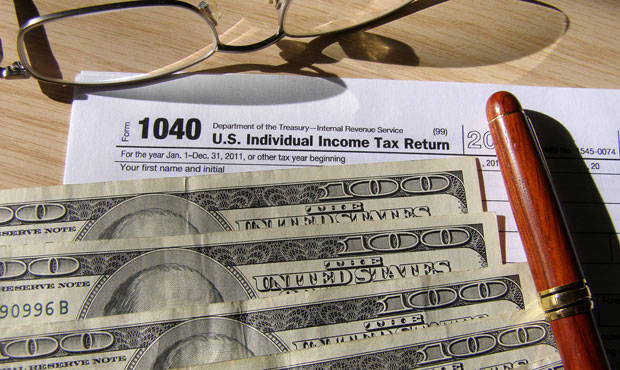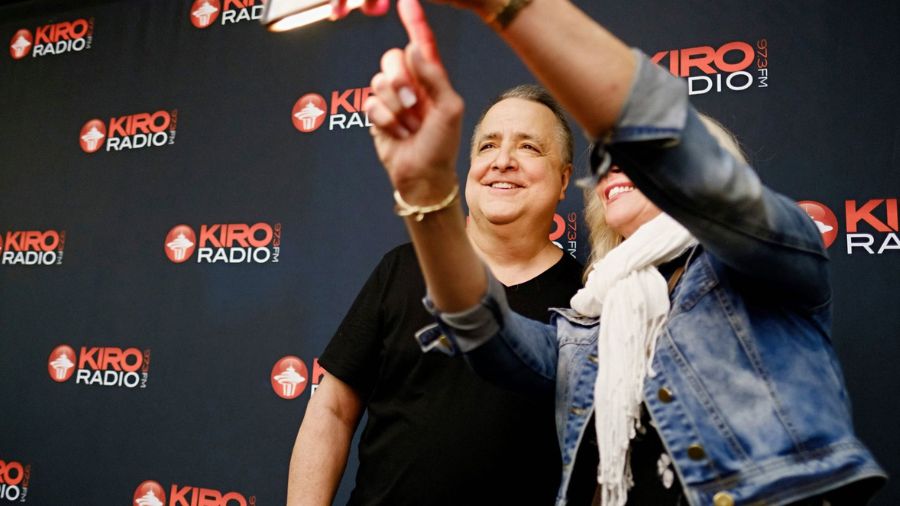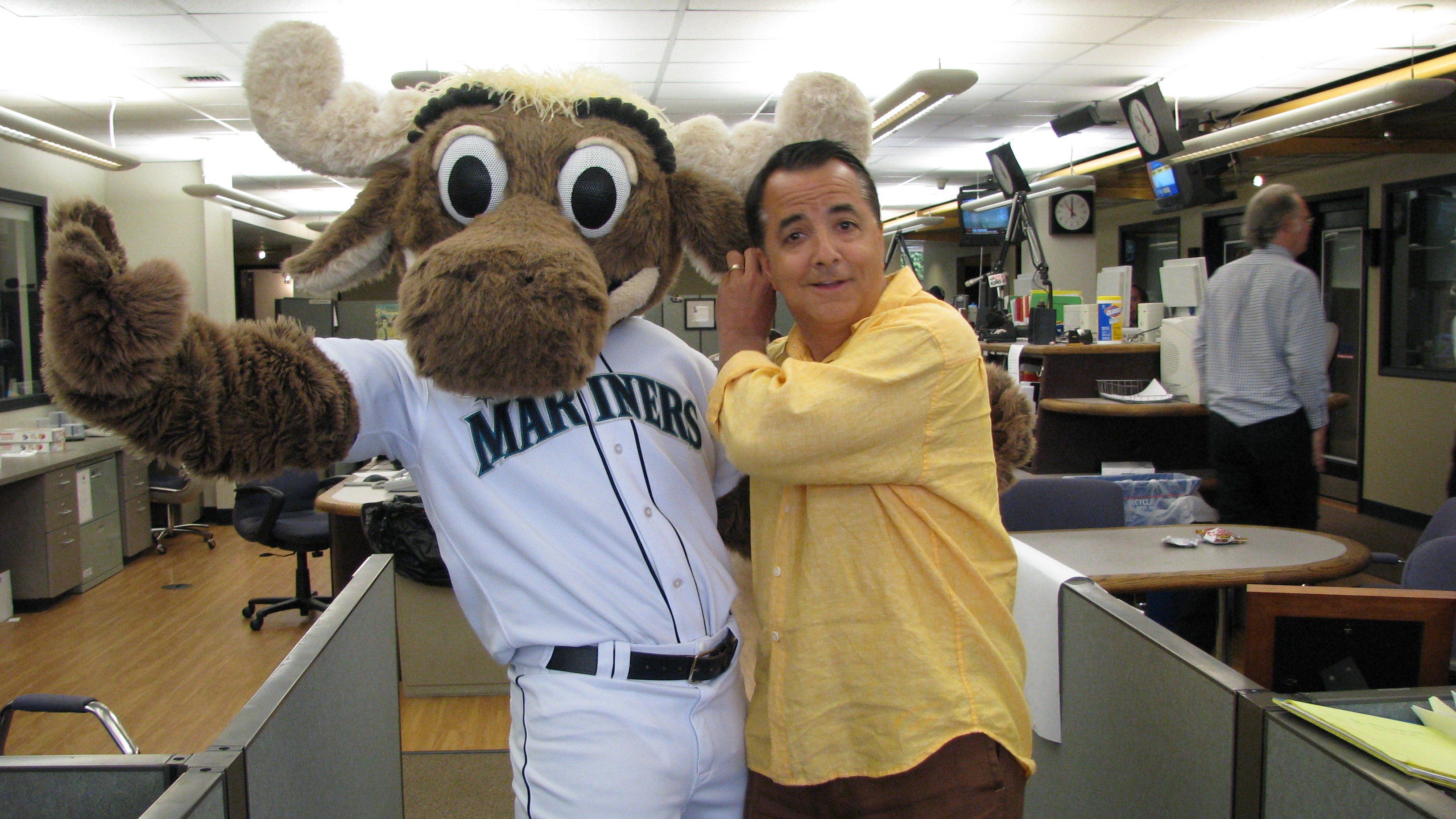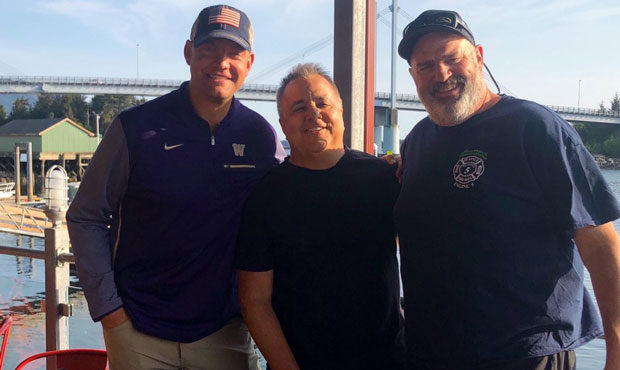State superintendent argues capital gains tax is necessary for education
Oct 9, 2018, 6:03 PM | Updated: Oct 10, 2018, 11:49 am

Is a capital gains tax the same as an income tax? (Chris Potter, Flickr)
(Chris Potter, Flickr)
On the day he suggested a long-term capital gains tax raising a billion dollars per year to fund education as part of his next biennial budget, Washington State Superintendent of Public Instruction Chris Reykdal told KIRO Radio’s Dori Monson that the tax would mean financial relief for the majority of Washington households.
“Our state property tax is too high and we are proposing this thing to make sure we can reduce state property taxes and get everyone property tax relief … we depend on it too much to fund schools,” Reykdal said.
Property taxes increased this year as part of the state’s McCleary compromise to fully-fund education, as mandated in the Washington State Supreme Court’s 2012 McCleary decision.
RELATED: State superintendent proposes capital gains tax to fund education
However, Reykdal sees an 8 percent capital gains tax — a tax on the profits made from selling investments such as stocks and property — as a much fairer alternative to increasing property taxes, as a capital gains tax would only apply to a small percentage of families in the state.
“Fifty thousand households pay more when they sell stocks and bonds … and it gives everybody else — the other four million Washingtonians — property tax relief, so this is just a smarter way to do things and a smarter way to fund schools,” he said.
Reykdal feels that the capital gains tax would be a safety measure to have in place if and when another recession hits.
“It kind of balances our portfolio — we’re so dependent on sales tax and property tax, and I’m worried that in the next recession, we won’t be able to sustain the investments in our schools,” he said.
A semantics debate
What ensued was a battle of semantics concerning the meaning of an income tax.
Dori, who has said for years that Democrats in Washington state want to sneak an income tax into existence, agreed that property taxes are too high in Washington, but argued that a capital gains tax is the same as an income tax, and that the Washington State Constitution, in an amendment added in 1930, forbids the implementation of a state income tax.
All taxes shall be uniform upon the same class of property within the territorial limits of the authority levying the tax and shall be levied and collected for public purposes only. The word ‘property’ as used herein shall mean and include everything, whether tangible or intangible, subject to ownership.
“Do we own our profits from capital gains?” Dori asked.
The superintendent replied in the affirmative.
“Then it is property as defined in the amendment in our state constitution, and if it’s then a property, then it has to be a tax at the same rate on everybody, and it cannot exceed one percent,” Dori said. “And all of that is specifically spelled out in our state constitution.”
Reykdal said that a capital gains tax was not the same as an income tax.
“It is clearly not an income tax … this is on passive gains and it is a separate line on your 1040 form,” he said.
Dori pointed out that the seven states that do not have an income tax — Alaska, Florida, Nevada, South Dakota, Texas, Washington, and Wyoming — are also among the nine states that do not have capital gains taxes. He said this is evidence that “courts across the country” consider capital gains income.
Reykdal said that he believed the other states may have a tax akin to a capital gains tax that is simply called by another name, but said that he would have to do some research into the matter.
“I will give you your fact as you know it, and I will do the follow-up research,” Reykdal said.
The two decided to settle the debate with a gentlemen’s wager — Dori bet that the capital gains tax will come before a court in a lawsuit, while Reykdal bet that it would not. The loser will pay $1,000 to the charity of the winner’s choice.
“I guarantee Dori Monson makes more than Chris Reykdal, but I am in, sir,” Reykdal laughed.













